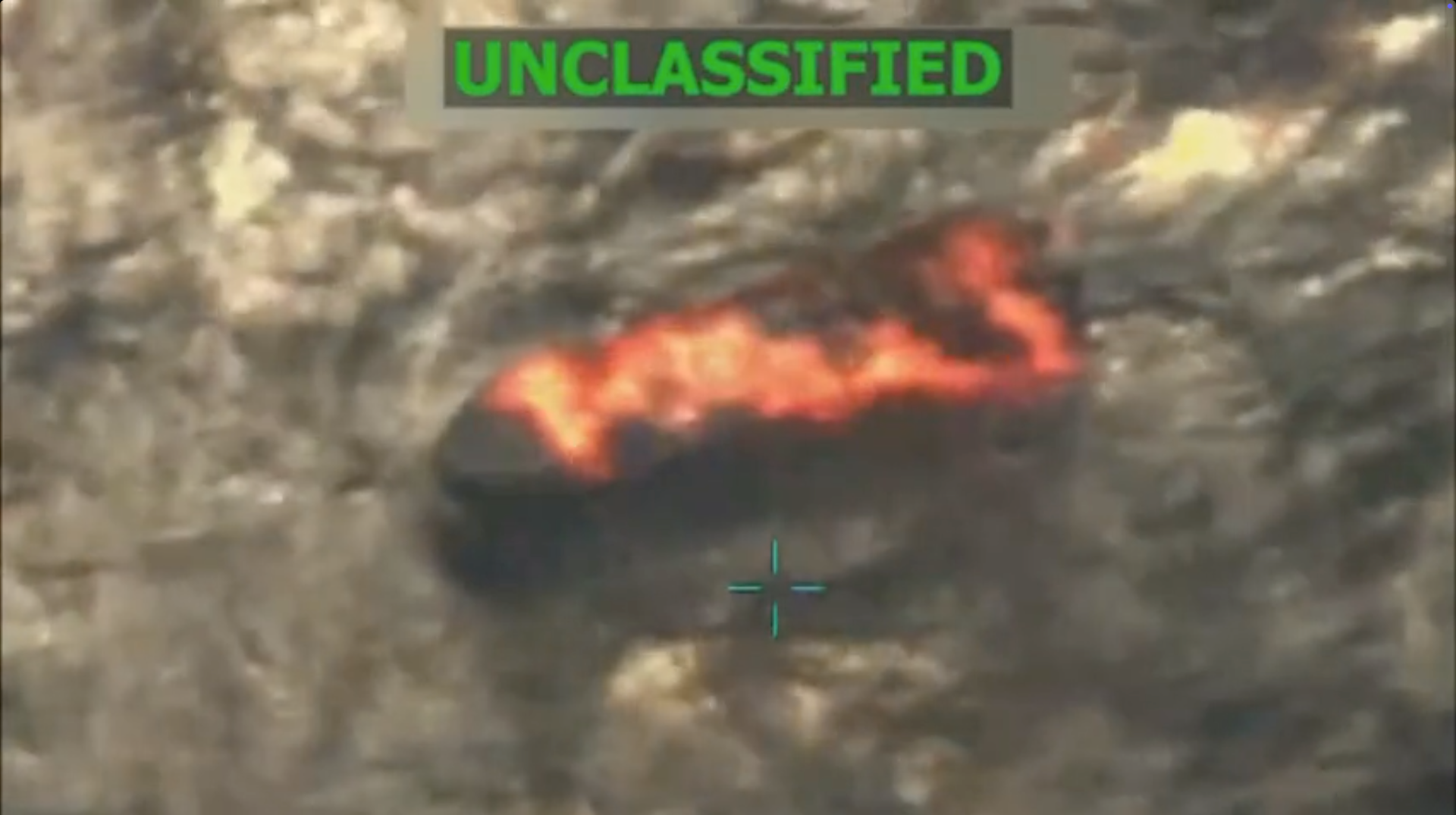U.S. forces bombed a boat in the Caribbean that was allegedly carrying drugs from Venezuela, killing three “narcoterrorists,” President Trump announced Monday.
“The Strike occurred while these confirmed narcoterrorists from Venezuela were in International Waters transporting illegal narcotics (A DEADLY WEAPON POISONING AMERICANS!) headed to the U.S.,” Trump wrote in a post on Truth Social, adding that the cartels “POSE A THREAT to U.S. National Security, Foreign Policy, and vital U.S. Interests.”
The attack marks the second set of U.S. airstrikes on alleged drug boats in the Caribbean since Trump surged U.S. troops to the region last month. Defense Secretary Pete Hegseth, who has pledged to continue the attacks, said earlier this month the Pentagon is “prepared with every asset that the American military has” in case Trump decides to launch an operation to unseat Venezuelan Nicolas Maduro, who the U.S. alleges is the leader of a cartel.
Legal experts say the attacks are likely a violation of both U.S. and international law. “Under the administration's reasoning, there is nothing stopping the U.S. government from executing purported drug traffickers without due process, no matter where they are,” John Ramming Chappell, an adviser at the Center for Civilians in Conflict, told Responsible Statecraft.
“Congress never authorized the use of military force against drug cartels, and the president arbitrarily labelling people as terrorists doesn't mean he can kill them with impunity,” Ramming Chappell added. “Intentional killing outside of armed conflict and without due process is murder, and we are in incredibly dangerous territory when the president can murder people as he sees fit.”
It remains unclear whether Congress will take steps to rein in Trump’s campaign. After initially staying quiet on the first set of strikes, several prominent Democratic lawmakers have since issued statements condemning the attacks and demanding more information about the deployment. Sen. Rand Paul (R-Ky.) is so far the only Republican to issue a condemnation of his own.
Last week, Rep. Ilhan Omar (D-Minn.) introduced a resolution asserting congressional war powers and insisting that Trump end his campaign. But it remains unclear whether the resolution will receive a vote given Speaker Johnson’s (R-La.) efforts to avoid criticism of Trump.
The Pentagon has bristled at any attempts at congressional oversight. According to the Intercept, the Pentagon prevented the staff of several prominent lawmakers from attending a briefing on the airstrikes in an attempt to prevent leaks.
Subsequent leaks reveal why the Defense Department may have been concerned — and suggest that Trump’s description of Monday’s strikes may not reflect the full context of the attacks. According to the New York Times, the boat destroyed in the initial set of airstrikes was turning around when it was hit, casting doubt on the Pentagon’s claim that it posed an imminent threat to the United States.
“If someone is retreating, where’s the ‘imminent threat’ then?” a retired U.S. admiral told the Times. “Where’s the ‘self-defense’? They are gone if they ever existed—which I don’t think they did.”
- With Rubio, Waltz, a harder line on Latin America looms ›
- Grenell vs. Rubio: Team Trump's competing Latin America visions ›
- Why is Congress MIA on looming Venezuela war? ›
- Why we need to take Trump's Drug War very seriously | Responsible Statecraft ›
- Spineless Congress outdoes itself on Caribbean strikes | Responsible Statecraft ›
















